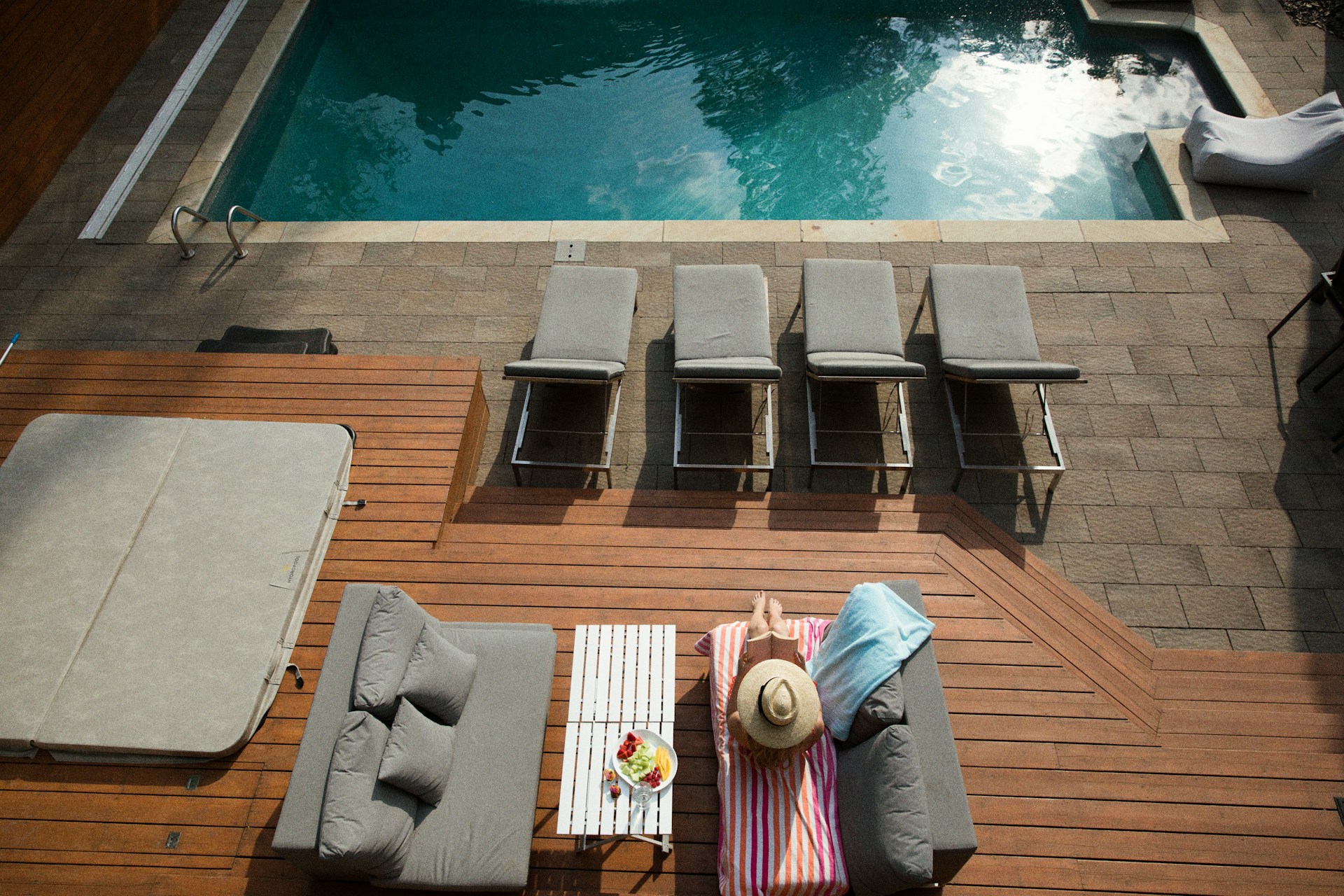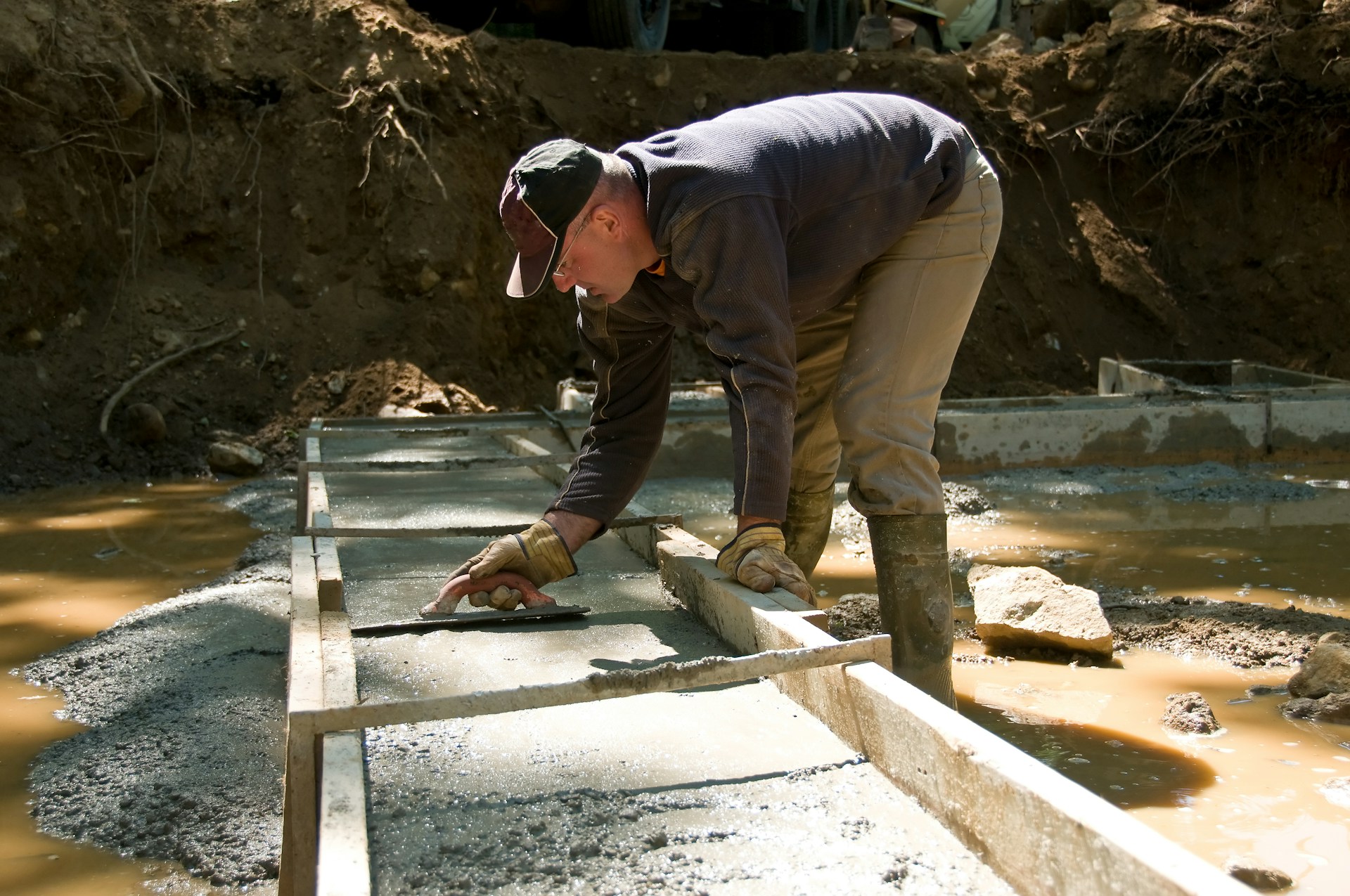Imagine coming to Florida for a relaxing vacation only to be faced with the terror of a major sinkhole event. That is what happened to the families who were staying at the Summer Bay Resort in Orlando several weeks ago. Unfamiliar with sinkholes, some of the guests recall hearing pops and cracking sounds the night before the building collapsed into a 60-foot wide hole. Thankfully, no one was hurt, but the incident is a reminder that sinkholes are part of living, (or even vacationing), in Florida.
This has been one of the wettest summers on record in Florida and the acid properties of rainwater slowly weaken the walls of limestone caves underground. Undoubtedly, we will hear about sinkholes in the news again soon, and I’ll bet that a few of them will be catastrophic cover collapse sinkholes — the kind that take our breath away when we see the damage they can cause.
If you are visiting Florida to escape the upcoming winter months or you are a newcomer to the state you may need some sinkhole education. Here are some questions you might want to ask:
What is a sinkhole and why are there so many of them in Florida?
If you want to get a little “science” behind what sinkholes are and why Florida seems to have more than its fair share, read my post, Sinkhole Science for Beginners.
How quickly does a sinkhole grow?
Cover collapse sinkholes can open up in a matter of minutes. They can continue to grow in size and depth over a period of just a few days.
How dangerous are sinkholes?
While cover collapse sinkholes make it into the news, the most common type of sinkhole, called a subsidence (sub-cy-dense) sinkhole, develops slowly over time, giving people plenty of time to fix the problem. The number of deaths associated with sinkholes can be counted on one hand. So, there is no need to be concerned that a sinkhole could harm you or your family. That said, even if you’re here for a short time, it may be wise to know the signs of sinkhole damage.
I am buying or thinking of building a new house in Florida. Should I be worried?
Florida can be a perplexing state when it comes to the subject of sinkholes. For example, if you’re building or buying a house in South Florida, you will likely not have to worry about sinkholes. Florida’s East Coast and parts of North Florida are also less likely places for sinkhole formation. In more sinkhole prone areas, such as Central Florida, one neighborhood may be plagued by sinkholes, when just a few streets over, there are no sinkholes. That’s because the limestone layer could be buried further underground.
I am buying a house. Do I really need sinkhole coverage?
Yes, absolutely! If you’re buying a home in a sinkhole-prone area, don’t be lulled into thinking it can’t happen to you. Homeowner’s insurance will cover sinkhole-related damage only if the house is a total loss. Very few homes would qualify under that criteria. Sinkholes can do a lot of damage to a house even if it’s still in livable condition. Without separate sinkhole policy, you could be left holding the bill.
I have so many more questions. Where can I go for answers?
The Helicon Property Restoration blog has many informative posts that will help you learn a lot about sinkholes and sinkhole repair. My hope is that you’ll read up so that if you ever need to contact a sinkhole repair company, you’ll consider Helicon. We do our very best to make sure our customers and prospective customers are well-informed. The more knowledgeable you are, the better you will be at finding the right company if you ever have a sinkhole problem.





